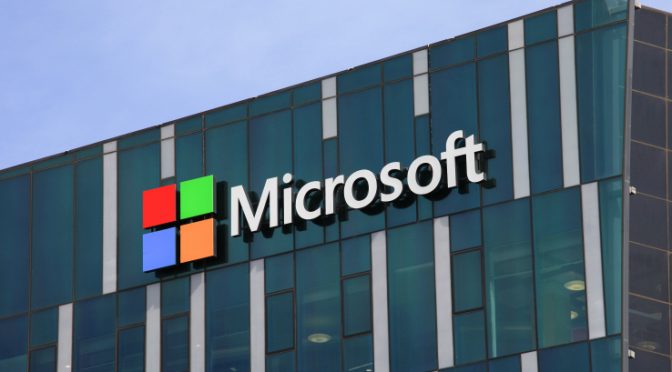Microsoft’s $5 Billion IoT Investment Presents Game-Changing Opportunities for African Startups
Africa has long been perceived as lagging behind in technological advancements, particularly in areas like data management, smart cities, and real-time information systems. However, the Internet of Things (IoT) presents a transformative opportunity for the continent to bridge this gap and drive innovation.
IoT, as a collaborative ecosystem, integrates cloud computing, artificial intelligence, machine learning, security, and privacy to create a seamless, interconnected world. With an estimated 4 billion devices globally—expected to surge to 38 billion by 2020—IoT is revolutionizing industries by automating decision-making, optimizing efficiency, and enhancing convenience.
From revolutionizing transportation and agriculture to improving healthcare systems and financial technology, IoT is shaping smarter societies worldwide. Countries like Singapore have fully embraced IoT, leveraging it for smart city development through initiatives like the Lee Kuan Yew Global Business Plan Competition, where students propose innovative IoT applications.
Recognizing the limitless potential of IoT, Microsoft has committed $5 billion over four years to IoT research and development, combining the power of Azure with smart devices to redefine enterprise data storage and infrastructure management. Yet, despite these global advancements, Africa remains slow in fully embracing IoT’s groundbreaking potential.
African Startups Leading the IoT Charge
While IoT adoption in Africa is still in its infancy, several startups are pioneering solutions:
- UjuziKilimo (Kenya) provides soil analysis data via SMS to help farmers reduce agricultural risks.
- AgroCenta (Ghana) connects smallholder farmers to larger markets, driving agricultural transformation.
- BRCK (Kenya) introduced PicoBRCK, a rugged IoT solution that extends internet access to remote areas. The startup raised $172,000 on Kickstarter in 2013 and secured an additional $1.2 million the following year.
- Schneider Electric (Nigeria), in collaboration with the UK Department for International Development (DFID) and the Lagos State Government, deployed Microsoft IoT-powered solar panels to provide electricity to over 200 schools and clinics.
The Need for Greater IoT Adoption
Despite these promising efforts, West African startups are underrepresented in IoT innovation, with none ranking among the top 15 listed by TechFlier in 2017. This highlights the urgent need for increased investment and collaboration.
The global IoT market is projected to grow from $2.99 trillion in 2014 to $8.9 trillion by 2020, with industries like manufacturing, healthcare, and life sciences experiencing exponential growth. With IoT becoming more lucrative than ever, African startups must strategically position themselves to tap into Microsoft’s $5 billion investment and accelerate innovation.
By fostering partnerships, leveraging existing IoT research, and scaling up solutions, African startups can transform industries, connect rural and urban communities, and drive sustainable economic growth through IoT-driven technologies. The time to act is now.
Microsoft’s $5 Billion IoT Investment Presents Game-Changing Opportunities for African Startups
![Microsoft’s $5 Billion IoT Investment Presents Game-Changing Opportunities for African Startups]() Reviewed by Nwaigwe kizito
on
1/10/2018 07:42:00 am
Rating:
Reviewed by Nwaigwe kizito
on
1/10/2018 07:42:00 am
Rating:







Post a Comment